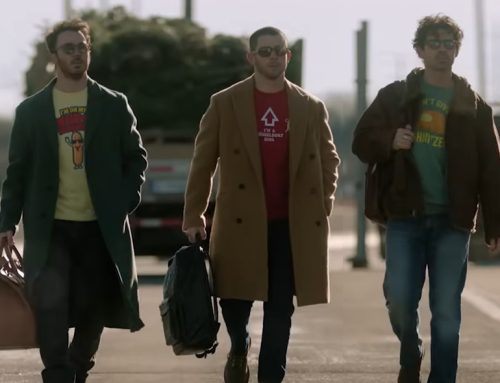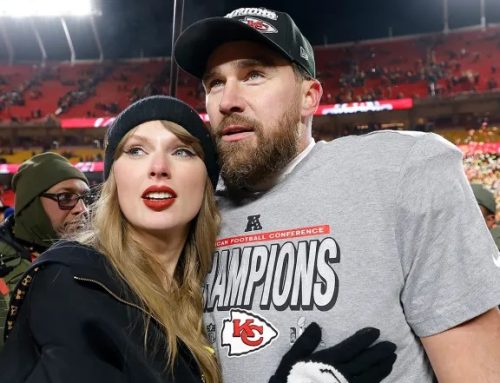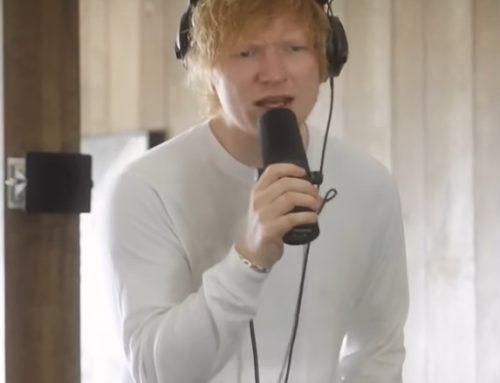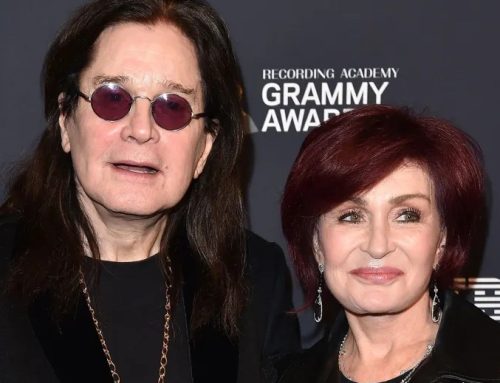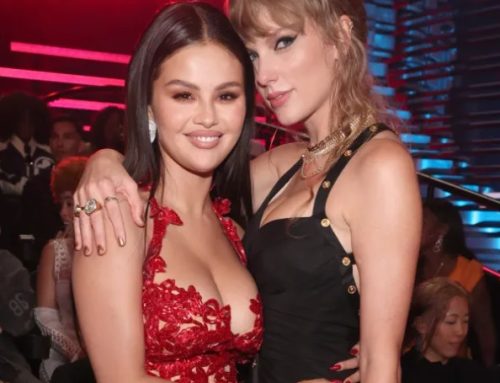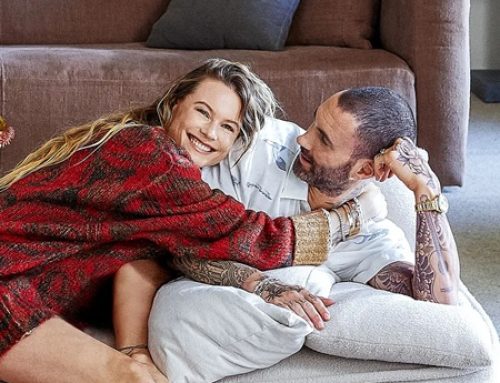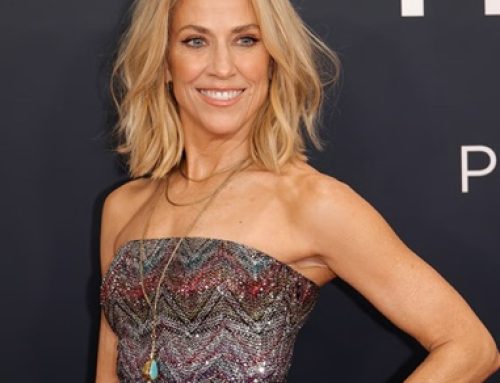Sinead O’Connor has died at age 56.
“It is with great sadness that we announce the passing of our beloved Sinéad. Her family and friends are devastated and have requested privacy at this very difficult time,” her family said in a statement to the BBC. Billboard has reached out to her reps.
With her bald head, piercing eyes and fierce bearing, O’Connor burst onto the music scene in the late 1980s, serving as a rebuke to the parade of sexist tropes that dominated the era’s hair metal scene. She gave notice of her bold path away from the typical packaging of female pop stars from the very first notes of her 1987 debut, The Lion and the Cobra, which she recorded while pregnant at 20 with her first child.
A mix of driving rock (“Mandinka”), alluring hip-hop (“I Want Your (Hands on Me)” and intense ballads (“Jackie”), O’Connor emerged as a fully formed force to be reckoned with, her powerful voice a haunting howl full of pain and mystery one moment, a steely suit of armor at others. Not concerned with the typical trappings of pop stardom, O’Connor’s public face — the shaved head, slouchy wardrobe and curious mix of dance, rock, folk, Irish balladry and devotional tropes — was an instant hit on alternative radio, as well as dance clubs, where remixes of “Mandinka” and “I Want Your Hands (On Me)” became staples for many party DJs.
Though her debut brought raves from both sides of the Atlantic, it was 1990’s I Do Not Want What I Haven’t Got that served as both O’Connor’s career high and turning point. With the run-away success of her gripping cover of Prince’s “Nothing Compares 2 U,” as well as the chilling video for the track, the singer was thrust into the international spotlight, a place she seemed uneasy with at times. The album laid bare her personal struggles and feelings of loss in a striking manner, weaving the words from a Frank O’Connor poem with Celtic melodies and a sample of the James Brown “Funky Drummer” beat on the eerie “I Am Stretched on Your Grave.”
In between, she hits pop highs (“The Emperor’s New Clothes”) amid personal turmoil and touches on wrenching real-life drama (“The Last Day of our Acquaintance”) with massive beats, while mixing in a six-minute a cappella dirge and a prescient elegy for the police-involved death of a Black London youth.
Even as her star was rising, O’Connor refused to play the music industry game, controversially defending the sometimes bloody tactics of the Irish Republican Army in interviews, lashing out at longtime cheerleaders U2 and refusing to perform on Saturday Night Live in May 1990 alongside comedian Andrew Dice Clay. She earned the ire of Frank Sinatra a few months later when she refused to perform at a New Jersey venue when she found out the national anthem would play before she took the stage. The move caused some stations to pull her music from airwaves and resulted in Sinatra threatening to “kick her in the a–.”
The controversy continued two years later, when O’Connor was again booked on SNL, where she performed an a cappella version of Bob Marley’s “War” and, in a surprise to producers, stared into the camera at song’s end and tore up a picture of Pope John Paul II and said “fight the real enemy” as a protest against the Catholic church’s cover-up of child abuse by clergy; O’Connor would later say she was abused as a child.


